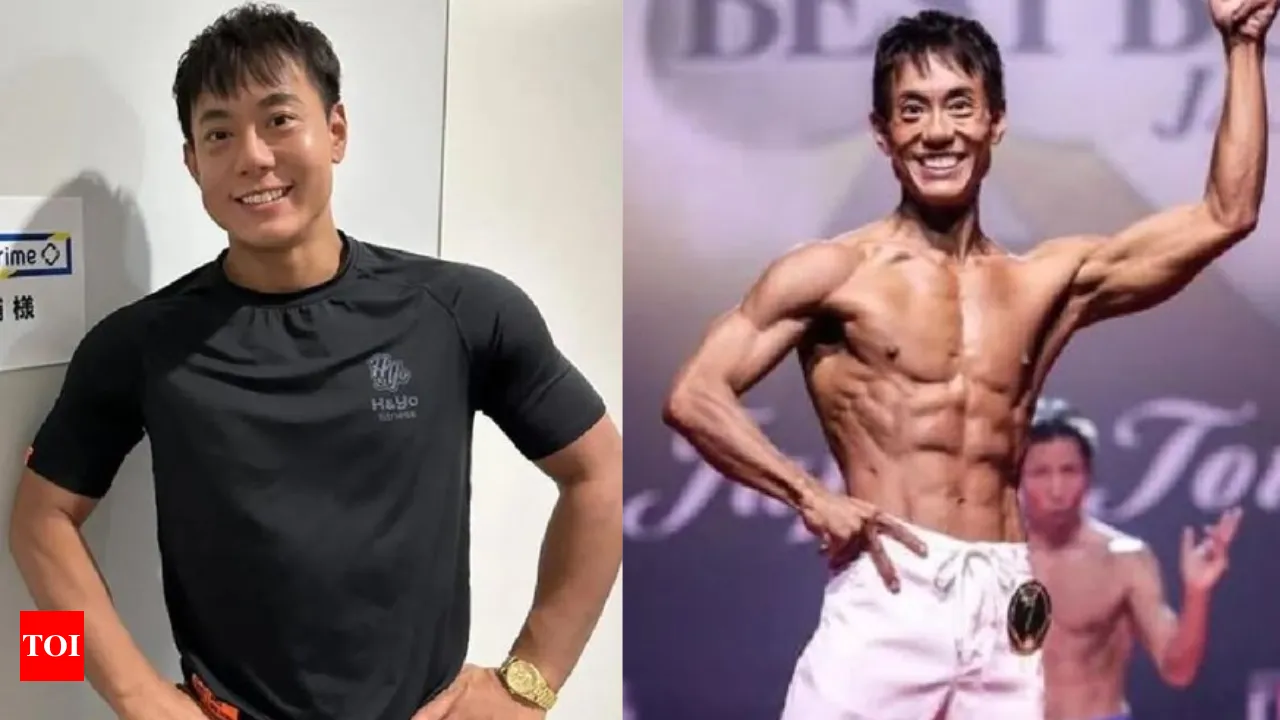Japanese Man Sleeps 30 Minutes a Day: Daisuke Hori's Journey and Insights

Daisuke Hori's Journey
Daisuke Hori, a 40-year-old entrepreneur from Hyogo Prefecture in Japan, epitomizes the concept of extreme efficiency through sleep deprivation. For over a decade, this dedicated individual has adhered to a rigorous routine, sleeping only 30 minutes each day. His commitment to this lifestyle has attracted attention worldwide, igniting discussions about the potential benefits and risks of such an approach.
Understanding Sleep Deprivation
While the majority of people require a solid 7 to 9 hours of sleep for optimal functioning, Hori's case provides a fascinating glimpse into the extremes of human adaptability. This strategy, however, raises critical questions concerning health and cognitive function.
- Statistics from the Japan Short Sleepers Training Association show that a small percentage of individuals can thrive on limited sleep.
- Despite Hori's claims of increased productivity, experts caution against sleep deprivation's long-term effects.
- Short sleep can lead to increased stress and health complications for many individuals.
Training Techniques
To sustain his short sleep schedule, Hori follows a strict regimen, including mental training and lifestyle adjustments. His methods often involve adapting daily activities to maximize efficiency.
- Regular physical exercise to improve overall health.
- Mindfulness techniques to enhance focus during waking hours.
- Optimizing work processes for maximum output with minimal time.
This article was prepared using information from open sources in accordance with the principles of Ethical Policy. The editorial team is not responsible for absolute accuracy, as it relies on data from the sources referenced.